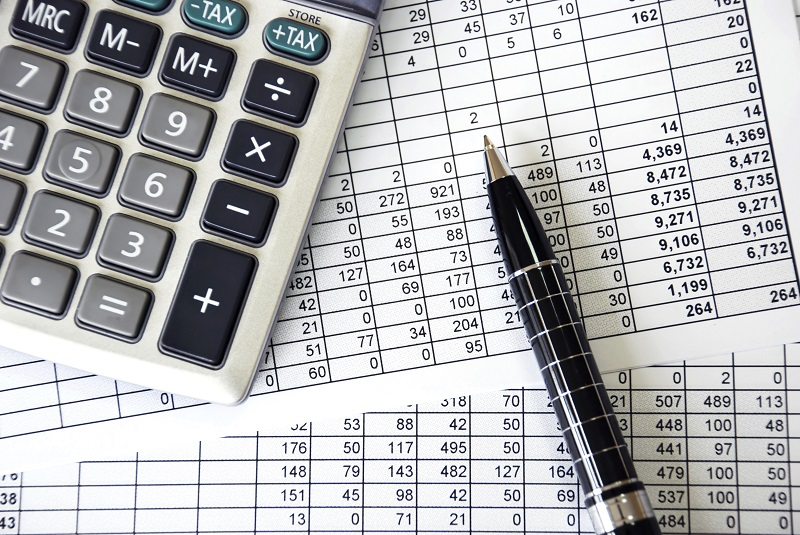When you own a business, you need to file your GST. If this is your first time filing, then there might be a lot of questions surrounding your mind when it comes to GST.
Overview of GST
If your business is in Singapore, then you need to be in alignment with the GST laws of the state. GST, short for Goods and Services Tax is an indirect tax imposed on the supply of goods and services. In Singapore, this tax is collected by businesses and submitted to the IRAS (Inland Revenue Authority of Singapore).
Singapore allows GST registered businesses to claim their GST tax paid up to 6 months from the date of their registration. If you are new to GST filing services, then you can take the help of professionals. A team of professionals will carefully review your GST taxes and help with those that can be claimed.
Singapore is quite strict with GST errors. If errors are found and not rectified within the deadline, you might have to pay a penalty. Having external companies file your returns can help reduce such errors and give you peace of mind.
Singapore has certain conditions when it comes to its GST norms. Any businesses having a taxable turnover of over SGD 1 million for 1 year and expected to cross the 1 million milestones in near future need to mandatory register for GST.
You too need not have to wait to cross the 1 million milestones and can register for GST if you wish to. The added benefit that you will get from doing so is that you can earn GST credits from IRAS.
In addition to this Singapore also have certain schemes which they have introduced for their GST registered businesses:
- Tourist Refund Scheme – Providing GST returns for tourists under eTRS
- Hand-Carried Exports Scheme – Applicable for zero-rated supply for exported goods
- Zero GST Warehouse Scheme – GST is suspended for overseas supplies stored at ZG warehouses
- Import GST Deferment Scheme – Here you can pay your import GST when it is due and not at the time of importing
- Gross Margin Scheme – Applicable if you have purchased free GST goods as a second-hand dealer and can use this scheme to charge GST
- Cash Accounting Scheme – Here you only need to account for output tax when you receive payment
- Major Exporter Scheme – Under this scheme, you can import non-dutiable goods without having to pay GST
- Discounted Sale Price Scheme – You can charge 50% on the selling price of used goods
The major exporter scheme and discounted sale price scheme require approval from IRAS before it can be implemented for your business.
How GST Can Help Businesses
GST can help businesses in the below ways:
- Complete transparency in the tax administration
- Ease in registration and filing of GST
- Uniformity of taxes thus reducing the cascading effect
- Reduced compliances
- Seamless transactions for E-com businesses
The small disadvantage that can be seen with the introduction of GST is that you might have to invest in ERP software that is GST compliant. However, it is negligible and can be ignored in the long run.
In Conclusion
GST has paved a way for seamless operations in a unified way. It also helps to generate a stable tax income for businesses. The Singapore government has extended GST for low-value goods imports via air. The GST is extended on the imported non-digital as well as online sales services with low-value goods provided by overseas suppliers.




